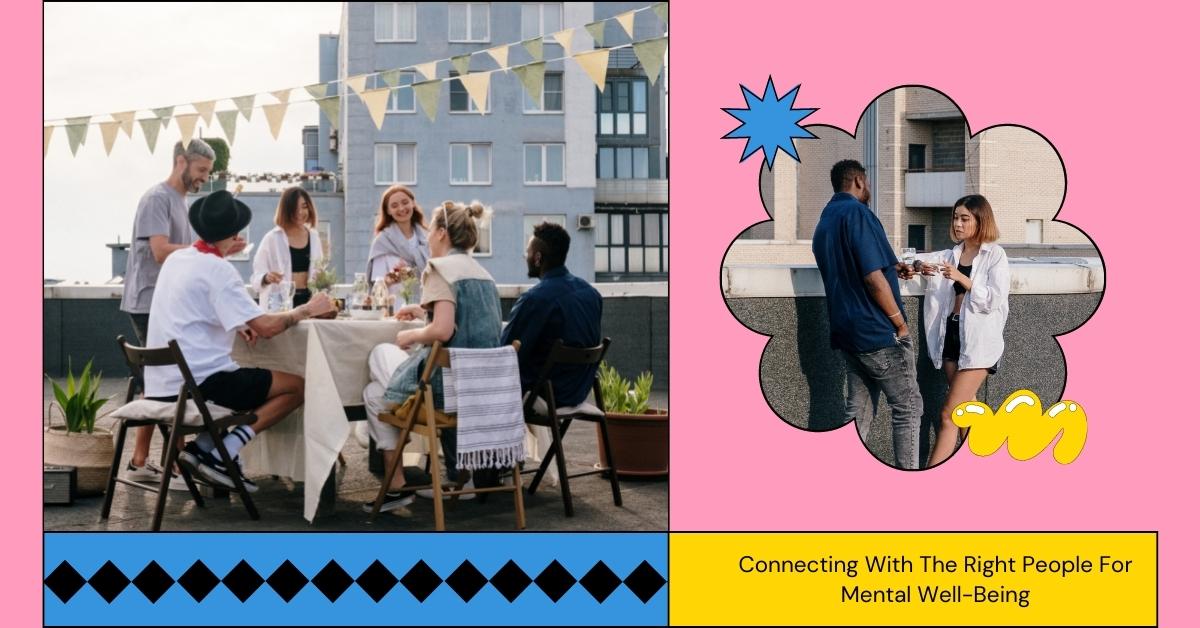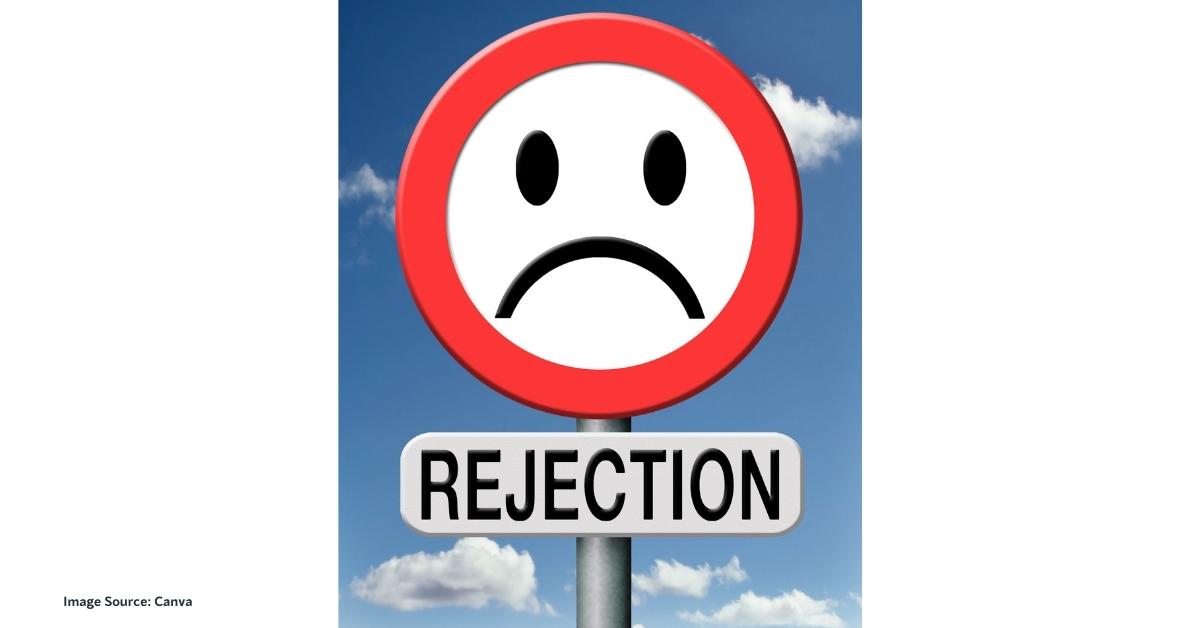Written by Nishka Akhtar | Reviewed By Neha Bhardwaj | Updated On November 19, 2022
.jpg)
Listen to this article in Audio
“What is eternal love even, if not with a few specks of blood on it”- Haseen Dilruba, 2021
For those wondering, the above quote has been taken from the 2021 Tapsee Pannu and Vikrant Massey starrer, Bollywood romantic crime saga titled Haseen Dilruba (Translation: Beautiful Lover). The plot revolves around the hard life of a couple who are incompatible. Halfway through the movie, the audience is confronted with a disturbing sequence of scenes portraying domestic violence and severe assault to establish the husband's “dark side.” Nevertheless, the movie still tries to convince the masses that the couple is “meant-to-be” because everything seems fair in love and war, and apparently, Bollywood.
However, this is not a movie review or a film analysis. This is an outsider’s attempt to understand what factors cause individuals to stay in a relationship, even when it turns toxic or abusive.
First of all, what exactly is a toxic relationship? Contrary to the popular notion, a couple who argues frequently will not necessarily be considered a toxic one, provided they can respect each others’ viewpoints. Every individual is a unique self, and the difference of opinions in a relationship is entirely natural; in fact, it is healthy. The other kind of relationship is what we would call toxic: one built on conflict, competition, and the need for one person to control the other. Lillian Glass first used this term, an American Commentator, in her 1995 book, Toxic People.
Let us now try to explore the possible reasons why people continue to stay in such relationships.
1. Addiction
Even the most abusive partners have their good days. When a behavior is not rewarded every time it occurs, it is only rewarded sometimes (at the will of the partner), leading to an anxious addiction. For example, consider a case where a wife prepares her husband’s favorite meal every week. He gives her no reaction most of the time, but once in a while responds with a compliment. The wife eventually develops an unhealthy obsession with this occasional “reward” and constantly engages in validation-seeking behaviors. Research has shown that when the reward is inconsistent, the desire or the rush becomes higher than usual; it becomes more awaited for and pleasurable. This also explains why people often get “bored” of sound, caring partners.
2. Low Self Esteem
Low self-esteem and abusive relationships have a two-way relation. Individuals who lack self-esteem have a shared sense of self-worth and feel that they deserve the abuse in the relationship. The abuse further lowers their self-esteem and, ironically, contributes to maintaining their “self-image.” Such individuals also have low comparison levels and do not expect much from their relationships. Alternatively, they may even compare their situation with one that would be worse, such as “At least he doesn’t hit me.” This minimizes the impact of the negative traits of their partner and makes them believe the relationship is not that bad.
3. Guilt
“Victim Blaming” is one of the most common traits of a toxic relationship. The abuser often engages in manipulation and may even be successful in convincing the partner that they somehow are responsible for their situation and accusing that they “brought it on themselves.” If this belief is firmly established, the victim feels guilty for leaving the relationship because they feel that “trying harder” could make things fall into place.
4. Investment
The more someone has “invested” in a relationship in terms of time and resources, the harder it becomes to let go of it. Research has shown that couples who have been together for several years, especially those with children, continue to stay in the relationship even when it turns toxic, simply because they feel that they have invested too much into each other.
So how to proceed?
If you suspect that your relationship has turned toxic, start by questioning yourself: “What is making me stay?”.
Remember, we all accept the love we think we deserve. Having a lack of self-compassion creates the foundation for most of the reasons listed above and only leads to further harm of the self in general. Start by being a little kinder to yourself. Work on your emotional boundaries regarding the opinions of those who care and seek therapy if required. We all deserve love and compassion in life, and nobody has the right to tell you otherwise.
Finally; Remember To Choose Yourself.
.jpg)
Break-Ups-Relationships
Relationship Jet Lag - From Being Together To Being Apart
Break-Ups-Relationships
Why Should You Appreciate Your Children?
Break-Ups-Relationships
Connecting With The Right People For Mental Well-Being
Break-Ups-Relationships
Rejection Sensitivity And It's Impact On Relationships